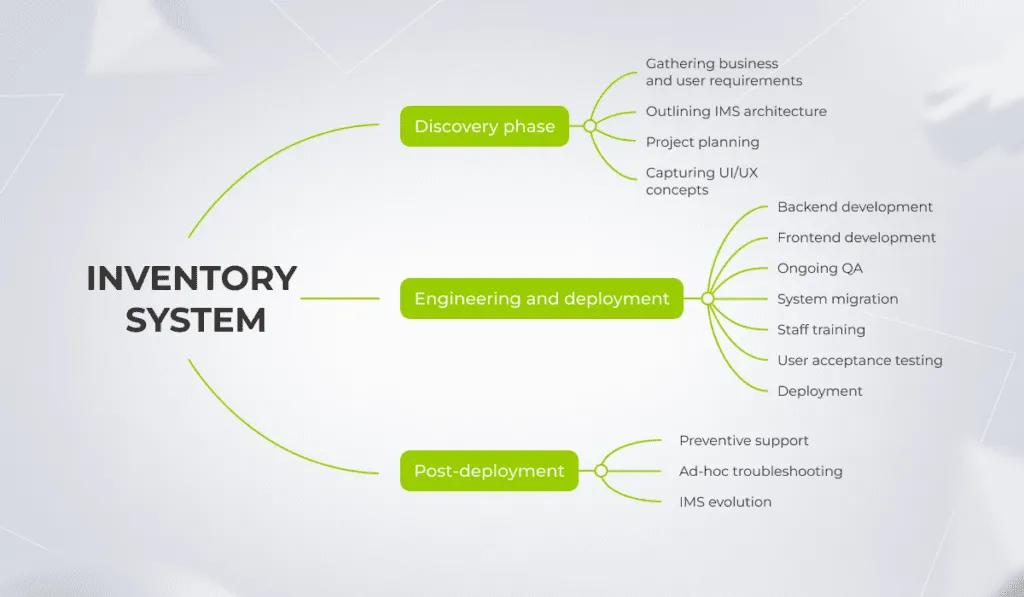
For any business, inventory management is an important aspect of your operations. However when inventory is not managed properly, serious financial issues can arise. This makes it important to hire a business accountant in Miami, FL who can help you take steps to ensure effective inventory management. The approaches that an experienced account employs reduce wastage and amplify the inventory’s potential to generate revenue.
Why Effective Inventory Management is Important
No matter the size of your business and your industry, inventory must be managed effectively. Otherwise, you may encounter different financial issues. Ineffective inventory management includes the following:
- Overstocking. This happens when your company orders or produces excessive inventory, leading to too many stocks on shelves that take up cash flow. Such a practice ties up resources you could use for other expenses. Overstocking can result in inventory becoming obsolete.
- Understocking. This happens when your company orders or produces insufficient inventory. This leads to stockouts and missed opportunities for sales. As a result, customers won’t be happy and your business loses revenue. Also, this practice can damage the reputation of your business.
Effects of Ineffective Inventory Management
If your company deals with perishable items, overstocking can result in spoilage or expiration. Losing inventory because of expiration can mean revenue loss. Also, your business should have in place a system to track inventory accurately to avoid inventory discrepancies on the books. Discrepancies can lead to inaccurate financial statements, which can result in tax or legal problems.
In addition, inventory management covers storage costs. Whether you store inventory in a warehouse or a storage facility, you must account for the cost. If you do not manage inventory properly, the storage cost can eat into business profits. Lastly, if inventory is not managed properly, you may face issues if you experience seasonable demand.

How to Manage Inventory Properly
To avoid financial issues, take the steps below:
- Track inventory levels regularly. Tracking inventory levels helps ensure you have the right inventory amount to meet the demand of customers without stocking too much. With this, you do not experience stockouts, which can result in lost sales and unhappy customers. An accountant can use tracking tools to monitor inventory levels. This way, you can see the amount of inventory your company has on hand, the amount sold, and the amount to order.
- Anticipate demand. Projecting demand allows you to anticipate the amount of inventory to have on hand to meet the demand of customers without overstocking or understocking. Your CPA can review historical sales data, upcoming promotions, and industry trends that may impact demand. This allows you to make informed decisions on the inventory you must order and when.
- Perform regular audits. Auditing inventory regularly allows for accurate inventory tracking. Regular audits help you identify inventory discrepancies. Audits can be done using spot checks or physical inventory counts.
The Role of an Accountant in Effective Inventory Management
An accountant dissects the costs related to holding inventory. This includes storage expenses, tied-up capital costs, and insurance. A CPA can negotiate with suppliers to get favorable payment terms. Such negotiations may include arrangements that favor your company’s financial health such as bulk purchase discounts and extended payment periods.
A CPA continuously keeps track of inventory performance and adjusts strategies as necessary. Such a proactive approach makes sure your business stays agile despite market changes and changing financial landscapes. A CPA’s strategic insights and approaches offer your company a roadmap to success. They can implement strategies that allow for improved liquidity. In turn, this empowers your company to navigate financial opportunities with the utmost agility, taking advantage of opportunities and overcoming challenges with confidence.





